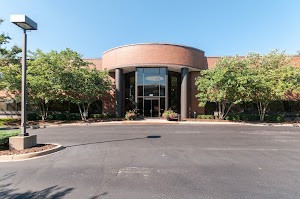Understanding No-Fault Benefits for Motorcycles
This page is related to the understanding motorcycle accident claims page on which I introduce an example of a motorcycle accident. It’s a continuation of the discussion about how I protect my client. In my letter of representation, I am reserving the no-fault benefits coverage (a.k.a. PIP coverage) with the insurance carrier for the motorcycle my client was riding on. Okay, this gets a complicated and specialized when it comes to motorcycle law.
Kentucky is a no-fault state. In its simplest form, no-fault law means that the vehicle you are operating or riding in, covers your medical bills and lost wages, to a maximum of $10,000, no matter how the motorcycle wreck occurs.

The Disadvantage for Motorcyclists
First, PIP coverage on motorcycle insurance is not automatic or the norm. PIP coverage on a motorcycle insurance policy tends to be expensive. So, most motorcycle riders don’t buy the optional PIP coverage. Second, unless you have this optional no-fault coverage or are a passenger on the motorcycle, Kentucky does not allow you to recover the first $10,000 in medical bills and lost wages from the at-fault driver.
In effect, Kentucky law treats motorcycle riders as if they were uninsured and penalizes a motorcyclist by not allowing them to recover the first $10,000 of medical bills and lost wages.
Consequently, if you are riding a motorcycle and have $15,000 in medical bills, the at-fault insurance carrier gets an offset for the first $10,000 in medical bills and treats you as if you only had $5,000 in medical bills. Yes, that is unfair under the law but, it is how the law is written. Luckily, in this instance, the motorcycle insurance for the bike Mary was riding on, had $10,000 of optional no-fault coverage and since she was a passenger on that motorcycle, she was entitled to no-fault coverage.
Why Did I Reserve these No-Fault Benefits?
Referring to the example, my client had $79,000 in medical bills from being hospitalized. If the hospital got to the no-fault coverage first and got that insurance carrier to pay those no-fault benefits towards her hospital bill, she would still have a $69,000 ($79,000 minus $10,000) hospital bill that would have to be submitted to her health insurance for payment.
In contrast, by reserving the no-fault benefits, she can use that no-fault coverage for her lost wages or co-pays and deductibles from her health insurance. So yes, when you can reserve and direct your no-fault benefits among different elements of your losses and you should do so immediately after the motorcycle wreck, until we know how much your medical bills are.
Next Step
Follow this link to read the importance of quickly requesting medical records and bills resulting from the motorcycle accident.


